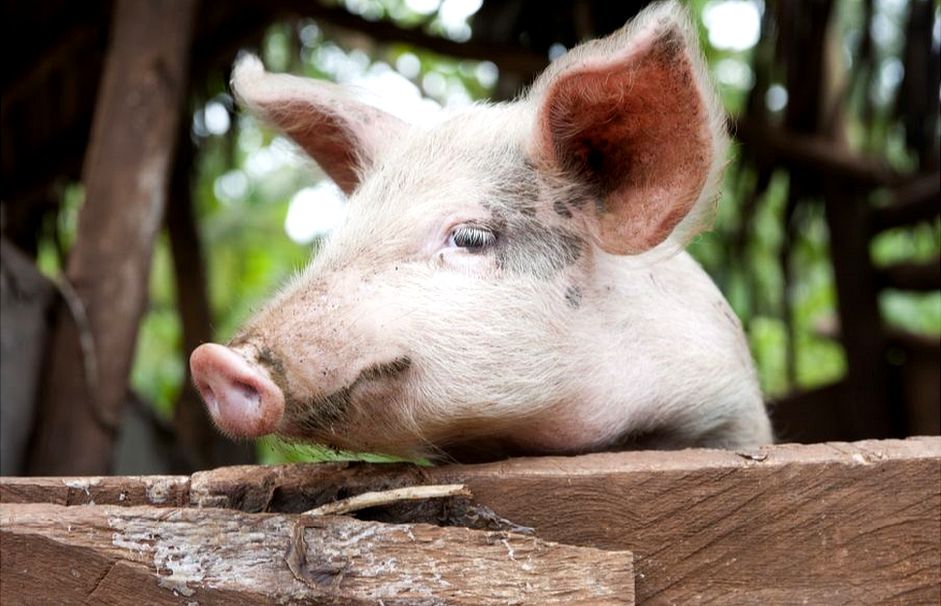ARTICLE AD BOX
 Image source, Getty Images
Image source, Getty Images
The ARVs were used to treat African swine fever
By Dorcas Wangira
Africa health correspondent, BBC News
Uganda's National Drug Authority has admitted it knew HIV and Aids medicine was being used to fatten up animals in 2014 but did not warn the public.
The regulator's senior drugs inspector Amos Atumanya told parliament it became aware anti-retrovirals were being given to pigs and chickens to treat them.
Mr Atumanya said that for humans, consuming small quantities of the drugs in food could be dangerous.
But the NDA has since tried to downplay his comments.
A spokesman said that if there was a health risk it would have warned the public, while the NDA's job was to regulate drugs not food or animal feed.
A recent report by the prestigious Makerere University found that more than a third of chicken and 50% of pork it tested contained traces of anti-retroviral drugs. The meat was sourced from markets in the capital, Kampala, and the northern city of Lira.
Appearing before Uganda's House Committee on HIV/Aids, Mr Atumanya said the National Drug Authority had carried out an investigation in 2014 into the use of anti-retrovirals (ARVs) in animal farming. However, while a report was published, it did not issue a public warning for fear of hurting the country's food exports "if we blow it out of proportion".
"So we were trying to find other means in which we could manage that situation," he said.
One respondent to the study by Makerere University's College of Health Sciences, said pigs that were given anti-retroviral drugs "grow faster and fatter and are sold off quickly".
But Mr Atumanya said this could cause serious problems for humans who ate the meat and became infected with HIV.
"You are likely to develop resistance to these ARVs," he said. "In the future if you need them, then you'll find this ARV is not working for some."
Around 1.4 million people in Uganda are living with HIV/Aids, according to the United Nations.
The NDA's report back in 2014, found that anti-retrovirals were mainly used to treat African swine fever which is also known as Pig Ebola and currently has no cure. It also verified claims that ARVs were being used to treat Newcastle disease in chicken.
Following Mr Atumanya's remarks, however, a spokesman for the NDA defended its decision to not publicise its findings.
"The NDA is mandated to regulate the drugs, not food or animal feeds," he said.
"If there was any public health threat concerning the drugs under the use, NDA will be the first one to come out and warn the public as we always do.
"The NDA remains vigilant and committed to ensuring that Ugandans have access to safe, efficacious and quality medicines."
He added that the regulator had launched several actions to stop the misuse of drugs, which led to several arrests and prosecution.

 1 year ago
40
1 year ago
40








 English (US)
English (US)